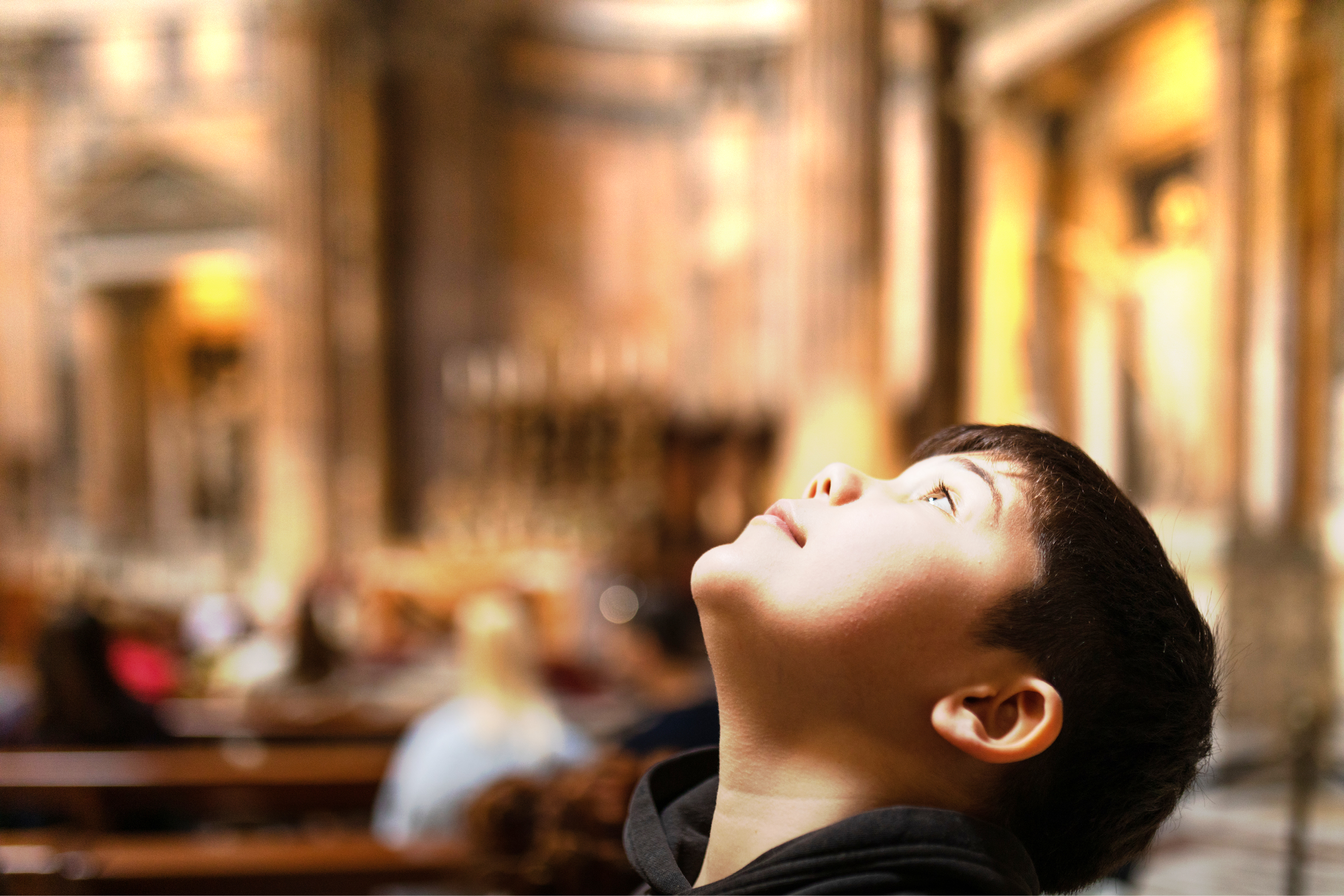
-
HOME
-
WHAT IS STANDOur Mission Our Values Our Help Contact
-
WHAT WE FIGHT FORReligious Freedom Religious Literacy Equality & Human Rights Inclusion & Respect Free Speech Responsible Journalism Corporate Accountability
-
RESOURCESExpert Studies Landmark Decisions White Papers FAQs Religious Freedom Resource Center Priest-Penitent Privilege Islamophobia Freedom of Religion & Human Rights Topic Index
-
HATE MONITORBiased Media Propagandists Hatemongers False Experts Hate Monitor Blog
-
NEWSROOMNews Media Watch Videos Blog
-
TAKE ACTIONCombat Hate & Discrimination Champion Freedom of Religion Demand Accountability
Houses of Worship Are “Sacrosanct”—USCIRF Condemns Targeting of Holy Sites
The U.S. Commission on International Religious Freedom (USCIRF) has called on combatants to cease targeting houses of worship and sacred sites in zones of conflict around the world. The agency has also urged that all parties refrain from using houses of worship to engage in warfare or store weapons. “USCIRF underscores that international humanitarian law protects houses of worship and religious sites as sacrosanct,” said USCIRF commissioner Stephen Schneck. “We are alarmed that, despite these protections, houses of worship and religious sites continue to be impermissibly damaged and destroyed in armed conflicts around the globe.”

The statement cited some 200 houses of worship destroyed by the military junta in Burma since 2021, including Buddhist monasteries, churches and mosques; an estimated 500 houses of worship damaged or destroyed in Ukraine since 2022; a drone strike targeting the Full Gospel Church in Ethiopia on Christmas morning; and a Coptic Christian monastery attacked by the Rapid Support Forces in Sudan. In Palestine, rocket launchers were placed and primed in cemeteries. Among the houses of worship damaged or destroyed in Gaza were the Omari Mosque—the oldest mosque in the city—and the Convent of the Missionaries of Charity.
“It is unlawful to direct attacks at religious sites, or to use houses of worship in support of a military effort.”
“The sheer scale of destruction against houses of worship and religious sites in conflicts around the world is a shocking affront to the universal right to freedom of religion or belief. For example, throughout Nigeria, violent nonstate groups constantly attack houses of worship, religious leaders, and worshippers,” said USCIRF Commissioner Frank Wolf. “USCIRF urges the U.S. government to call upon all parties to armed conflicts to abide by international humanitarian law.”
USCIRF Commissioner Nury Turkel said, “International humanitarian law protects human dignity and institutions that serve civilians, including houses of worship, during times of armed conflict. It is unlawful to direct attacks at religious sites, or to use houses of worship in support of a military effort. The U.S. government must continue to insist in public and private engagements that all parties to the current conflicts respect these crucial tenets of international law.”
USCIRF is a bipartisan federal government entity established by Congress in 1998 to analyze, monitor and report on abuses of religious freedom abroad, and to make recommendations to the President, the Secretary of State and Congress. Its purpose is “to deter religious persecution and promote freedom of religion and belief.”






